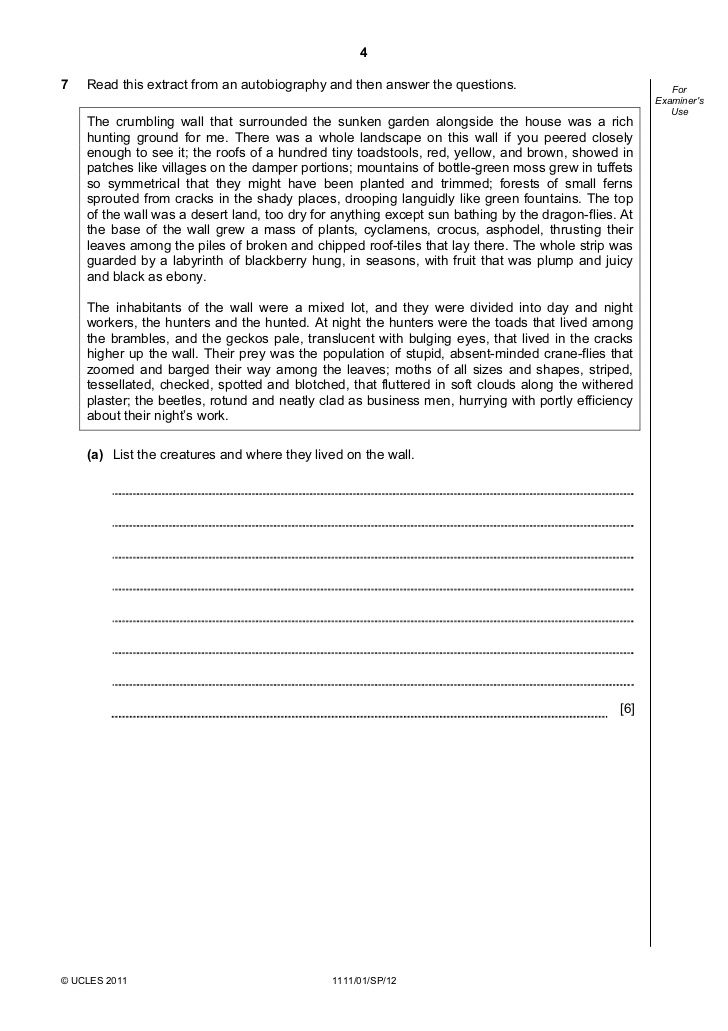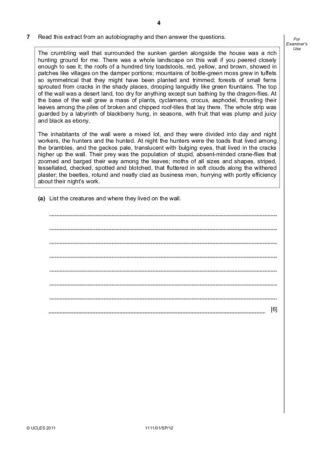
How to Use Pastpapers to Prepare For Exams
If you are a student, you probably use pastpapers to practice for exams. However, what can you do with them besides practicing for exams? Pastpapers are a useful tool to help students prepare for tests or measure their progress.
Here’s how to use them to your benefit:

Pastpapers are a useful tool for students
Past papers are invaluable resources for a wide range of purposes. They act as practice tests for exams and can be used to measure students’ progress. They can help identify weak areas in a subject, and they are an excellent revision tool. Students can also use past papers to practice answering exam questions and meeting assessment objectives. They can also serve as evidence of learning, and can support discussions with parents and school leaders. Listed below are a few of the ways past papers are useful for students.
– Preparation: Past papers help students prepare for exams by providing them with the layout of the exam paper. They often begin with lower-mark questions and work up to higher-level questions. This means that it is useful to know the format of past papers to ensure that you’re properly preparing for the exam. By following the layout, students will be able to prepare themselves accordingly. Moreover, past papers often contain detailed explanations of scientific processes and chemical substances.
They can be used for exam practice
In addition to marking schemes, past papers can be a useful resource for students preparing for exams. Past papers can be used throughout the school year to evaluate progress and identify weaker subject areas. Past papers are also an excellent resource to use in conjunction with mark schemes, as they help students become familiar with the format and style of questions, as well as the assessment objectives. Using past papers as exam practice provides evidence of student learning, which is invaluable for conversations with parents and school leaders.
Using past papers can help students improve their exam answering techniques and save time. They can also help students develop their writing skills, which is just as important as knowing the subject matter. In addition to exam practice, past papers can be used to mark work and analyse results, so they can improve their marks and learn how to communicate their knowledge more effectively. The key is to understand the layout of past papers so that you can better prepare for your own exams.
They can be used to measure student progress
The purpose of past papers is to aid teachers and students in preparing for exams. They can also measure student progress, identifying weak areas and supporting conversations with parents and school leaders about learning. Past papers can be used alongside mark schemes to help students understand how to answer questions on exams and meet assessment objectives. Using past papers as a guide in classroom lessons, students will develop a better understanding of exam questions and how to answer them.
They can be used to help you prepare for an exam
Pastpapers are useful to review and learn exam topics. Exam past papers are a great way to understand the format and style of questions and how to approach them. They also help you to manage your time during the exam. Past papers can also help you to understand the terminology of the exam. Here are some tips to use past papers to help you prepare for exams. Weigh the benefits and drawbacks of past papers.
Pastpapers are essential tools for exam preparation. Exam past papers offer insight into what will be covered on an exam paper and give students an idea of how to approach an exam in a good way. Moreover, past papers enable students to know how much time they need to spend for a given question. This helps them determine how to allocate the time and resources for each section of an exam. This is an important skill for students as success in an exam depends a lot on the way they manage their time. (Use Pastpapers to Prepare)

Comments (0)